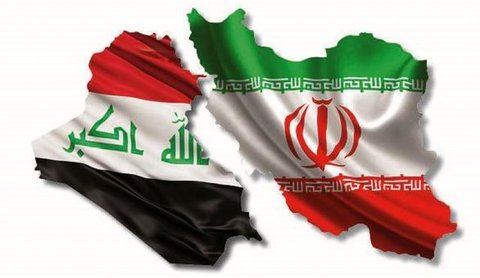Iran (IMNA) - These sanctions, the siege, or what is called the embargo, these are unilateral, not international. We are not obliged [to follow] them,” Mohamed Ali al-Hakim told reporters on Wednesday.
He said Baghdad is looking into possible options to keep bilateral trade routes open, including “dealing in Iraqi dinars in bilateral trade” and creating a fund for payments to Iran. The current level of annual bilateral trade between Iran and Iraq stands at $12 billion. The two neighbors are seeking to raise that figure to $20 billion in the near future.
Iraq shares a 1,450-kilometer border with Iran. The Arab country relies heavily on Iranian natural gas to feed its power stations, importing almost 1.5 billion standard cubic feet per day. Iraq also imports electricity and a wide range of goods from Iran.
The US has unleashed its “toughest ever” sanctions against Iran since its withdrawal from the 2015 nuclear deal, officially known as the Joint Comprehensive Plan of Action (JCPOA). It has also warned of severe penalties for foreign companies that evade the US bans and engage in business dealings with Iran.
Washington gave Iraq a 45-day waiver for imports of gas from Iran in early November when it re-imposed the second round of sanctions on the country. In December, the United States extended the waiver for 90 days.
On November 17, 2018, Iraq’s President Barham Salih paid an official visit to Tehran for talks with senior Iranian officials. He discussed strengthening economic relations between the two countries and appreciated Iran’s support for the Iraqi nation in its fight against both former dictator Saddam Hussein and terrorism.
Source :IMNA



Your Comment